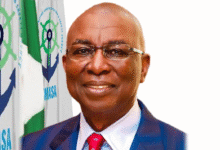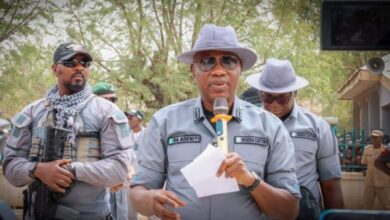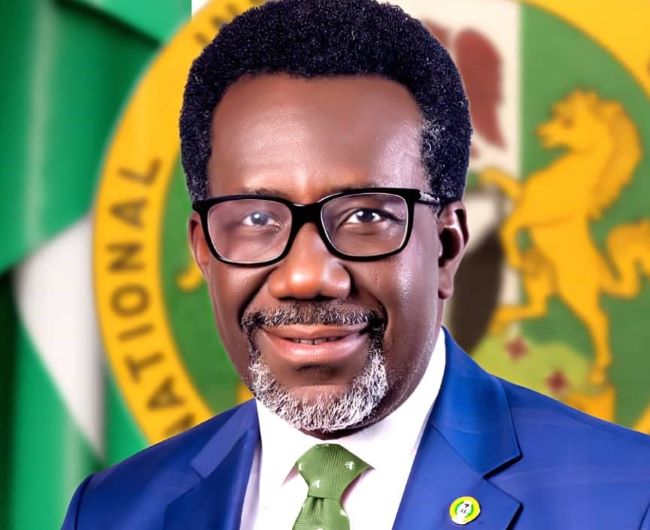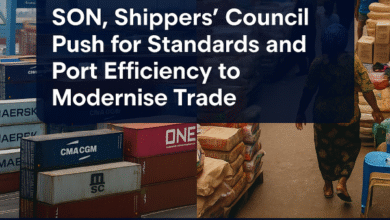FG Moves to Unleash Creative Goldmine with Overhaul of Culture, Tourism and IP Frameworks
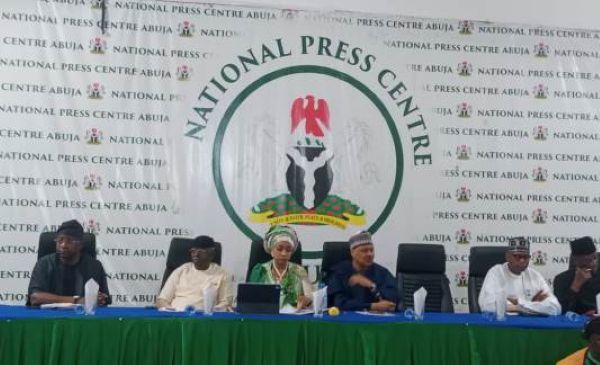
In what may be a game-changing turn for Nigeria’s creative economy, the Federal Government is set to unveil a raft of long-overdue policies and structural frameworks aimed at transforming the nation’s cultural and creative assets into serious economic capital. The announcement, made by the Minister of Arts, Culture and Creative Economy, Hannatu Musawa, during the 2025 Ministerial Press Briefing in Abuja, signals a bold move to reposition the sector as a key driver in Nigeria’s post-oil economic diversification.
At the heart of the reform drive are the reviewed National Tourism Policy, National Policy on Culture, and a long-anticipated Intellectual Property (IP) Protection Framework — all primed to redefine how Nigeria preserves, commercializes, and protects its vast cultural and creative output.
From Cultural Expression to Capital Creation
The Nigerian creative economy — spanning music, film, fashion, art, design, crafts, and tourism — has long been celebrated globally for its vibrancy. Nollywood ranks as the second-largest film industry in the world by volume, Afrobeats dominates global streaming charts, and Nigeria’s art and fashion scenes are steadily becoming global fixtures. Yet, these accolades have not translated into sustainable wealth for most creatives or significant contributions to national GDP — largely due to outdated policies, weak infrastructure, and poor intellectual property enforcement.
Musawa’s declaration marks a strategic shift in tone and ambition: from merely celebrating cultural brilliance to turning it into economic value and job creation.
“Policy formulation is crucial for the development, growth and advancement of the four sectors under the Ministry,” she stated. “We are committed to creating an enabling environment where these sectors can thrive, positioning them as major alternatives to oil revenues.”
A 37-Year Policy Reawakening
One of the more striking revelations is that Nigeria’s National Policy on Culture is undergoing its first review in 37 years — an astonishing lag given the sector’s evolution over the last four decades. Similarly, the 2005 National Tourism Policy is being updated to reflect new realities in a digital, globalized tourism economy.
Working with the Nigerian Economic Summit Group (NESG) and private sector partners, the ministry aims to align Nigeria’s creative governance frameworks with global best practices — and with the market.
This policy overhaul isn’t happening in a vacuum. It fits neatly within President Bola Tinubu’s Renewed Hope Agenda, which views the creative economy as one of the most accessible and inclusive routes to shared prosperity — especially for women and youth.
Creative Economy: Nigeria’s Real Oil?
The ministry’s “Destination-30” initiative is already mapping the creative economy’s ecosystem to identify potential growth drivers and bottlenecks. Early insights from the mapping project — which includes key creative hubs like Lagos, Edo, Delta, and Plateau — suggest that over 500,000 new jobs could be created in the music sector alone by 2030, largely through micro-enterprises and self-employment models.
Importantly, this approach moves Nigeria toward a data-driven creative economy, with evidence-based policy design, investment targeting, and outcome measurement. This is a critical evolution for a sector that has often relied on informal structures and anecdotal success stories.
Solving the Funding Paradox: Monetising Nigeria’s IP Wealth
One of the perennial challenges in Nigeria’s creative economy has been access to finance. While talents abound, many creatives lack collateral, structured pipelines, or the legal protections required to attract investors.
To tackle this, the Federal Executive Council (FEC) has approved several strategic funding mechanisms, including:
- Creative Economy Development Fund (CEDF) – to provide targeted support for SMEs in the sector.
- IP Monetisation Pilot – to help creatives securitize their intellectual property assets, paving the way for loans, equity deals, and long-term royalties.
- Creative Leap Acceleration Programme (CLAP) – a digital platform combining funding, co-working spaces, and creative technology for fast-tracking early-stage creative ventures.
The ministry has also partnered with the World Intellectual Property Organisation (WIPO) to develop a national programme for IP rights management and administration — a crucial move in protecting Nigerian content in a global marketplace notorious for piracy and unauthorized monetization.
Infrastructure: From Concept to Concrete
Recognizing that creativity cannot thrive without supportive infrastructure, the ministry has announced the establishment of a Creative & Tourism Infrastructure Corporation (CTICo) — with a projected investment of $100 billion and the potential to create over two million jobs. While the investment figure may appear ambitious, Musawa noted that $200 million in investor commitments have already been secured.
Among the flagship projects is Abuja Creative City, a first-of-its-kind African creative hub being built on 26 hectares in the IDU Industrial Area. The model, developed in partnership with Creative Park Limited, is expected to be replicated across major Nigerian cities, offering state-of-the-art facilities for creatives to ideate, collaborate, and commercialize their content.
Beyond Oil, Beyond Buzzwords
For all the vision and energy behind the announcements, industry watchers will be keen to see one thing: execution. Nigeria’s creative sector has heard many pledges before, only for progress to be stalled by bureaucracy, inadequate funding, or lack of political will.
However, the momentum behind Musawa’s ministry, the global traction of Nigerian cultural exports, and the growing investor interest in Africa’s creative economies suggest this moment may be different.
What is now required is a clear implementation timeline, stakeholder accountability, and the involvement of industry guilds, unions, and private sector innovators in co-driving these reforms.
Final Word: The Creative Economy is Not a Side Hustle
With the right mix of policy, funding, protection, and infrastructure, Nigeria’s creative economy can move from the sidelines to the center of national development. This is not merely about art for art’s sake — it’s about turning expression into employment, passion into profit, and culture into capital.
The Tinubu administration, through Musawa’s ministry, appears to understand this imperative. If it can follow through with consistency, Nigeria may well become the cultural and creative superpower — not just in rhetoric, but in real returns.





